Despite many challenges, the officials assigned to be in charge of education in communes and wards in Gia Lai are gradually making efforts to keep up with the new tasks.
From bewilderment to adaptation
Transferring education management from the district to the commune level is a big change, posing many new requirements for the grassroots cadres. In reality, many commune cadres and civil servants assigned to be in charge of education do not come from this sector. Most of them are part-time cadres, having to take care of both the cultural and social fields and educational work, so they cannot devote all their time to a field that requires specialized knowledge.
Ms. Dinh Thi Hiem - a civil servant of Vinh Thinh commune ( Gia Lai ), is a typical example. Having graduated with a major in Cultural Management and having worked for many years in the Youth Union, Ms. Hiem was suddenly assigned to be in charge of education. In the early days, the amount of information, documents, and plans made her quite bewildered. "Education is a very broad field, directly related to the lives of each family and student. If you do not have a firm grasp, it will be difficult to advise in accordance with reality," Ms. Hiem confided.
Vinh Thinh commune has 6 public schools with 1,539 students, of which 42% are ethnic minorities. Students are mainly from difficult circumstances, requiring education officers to not only understand management expertise but also quickly grasp the basics and coordinate promptly with schools to support them. To overcome professional limitations, Ms. Hiem read documents herself and proactively participated in training courses of the Department of Education and Training. "I hope that with the efforts and support of the industry, I will gradually fulfill the assigned tasks," Ms. Hiem shared.
In the border commune of Ia Puch, Ms. Tran Thi Bich Hanh also went through a similar journey. Previously, she was in charge of the natural resources and environment sector, now she also works in education. With ethnic minorities accounting for nearly 87.4%, students scattered in many villages, and difficult travel conditions, Ms. Hanh had to spend a lot of time researching and learning. “Every day there is something new. I work, study, and research at the same time to avoid being passive,” Ms. Hanh said.
In Bau Can commune, Ms. Kmah Ri Lanh, who used to be an office worker, is now in charge of all education in the commune. The area has 9 public educational institutions and 5 private preschool groups, while there is only one civil servant in charge. Without deep expertise and holding multiple positions, Ms. Ri Lanh cannot help but feel confused. But instead of being discouraged, she chose to research documents and learn from her colleagues.
“I hope there will be more in-depth training courses, especially on consulting and planning suitable to local realities,” said Ms. Ri Lanh.
In Tuy Phuoc Bac commune, there are currently 12 schools from kindergarten to secondary school, with only one specialist in charge of education. Notably, this specialist is preparing to retire according to regulations.
Mr. Le Anh Duy - Vice Chairman of Tuy Phuoc Bac Commune People's Committee, said: Before retiring, this specialist continued his task of guiding and supporting other cadres in professional work to maintain stability in the local education sector. In the long term, the commune will seek opinions to supplement appropriate personnel to undertake advisory and management work in the education sector.

Working group for professional and technical guidance
According to Mr. Pham Van Nam - Director of the Department of Education and Training of Gia Lai, the reorganization of the government apparatus according to the 2-level model has ended the operation of the district-level Department of Education and Training. From here, all State management functions on education are transferred to the department and commune-level authorities.
“This policy helps streamline the apparatus and increase management efficiency. However, it also poses an urgent need to perfect the team of officials in charge of education at commune and ward levels to ensure the management of the system of kindergartens, primary schools and secondary schools at the grassroots level,” Mr. Nam emphasized and said:
This policy has received close attention and direction from Party committees and authorities at all levels, so it has many advantages. Some civil servants who originally came from the education sector have also contributed to improving the effectiveness of consulting and supervising activities at the grassroots level. However, the biggest difficulty is that the team of officials in charge of education is still lacking and weak in expertise.
In addition, many people are not properly trained in their field, lack practical experience, and hold multiple positions, so their consulting effectiveness is limited. In particular, after the apparatus was reorganized, most of them have not received in-depth training while the workload is increasing and the professional requirements are getting higher. This is the biggest challenge in the State management of education at the commune level today.
Faced with that situation, the Gia Lai Provincial People's Committee established a Guidance Working Group consisting of 8 members who are leaders and specialists from the Department of Education and Training with university and master's degrees and many years of experience. The Working Group directly goes to communes and wards to provide support for 1-2 weeks, or even longer depending on the situation.
The team's work does not stop at inspection and supervision, but also directly guides local officials in developing work programs, task handling procedures, and resolving arising difficulties. At the same time, the working process is also an opportunity to train and foster, helping grassroots officials master management skills.
Establishing a Working Group to provide professional guidance is a timely and long-term solution to create a grassroots cadre force that truly understands education and is capable of independently handling work after the working group completes its tasks. It is also a way to ensure the sustainability of management work in the new period.
Source: https://giaoducthoidai.vn/can-bo-phu-trach-giao-duc-cap-xa-bat-nhip-voi-nhiem-vu-moi-post745808.html







![[Photo] Colorful Mid-Autumn Festival in Hanoi's Old Quarter](https://vphoto.vietnam.vn/thumb/1200x675/vietnam/resource/IMAGE/2025/10/2/08ab35901a8f4a41af7f1ba1ef35380e)
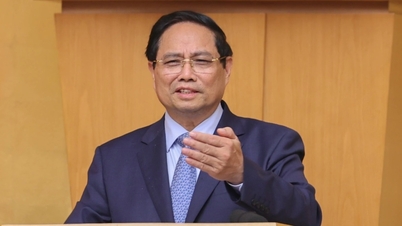

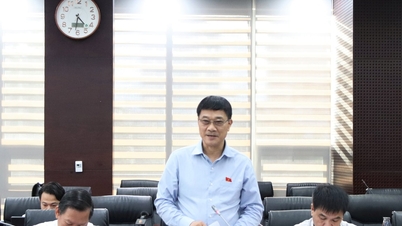

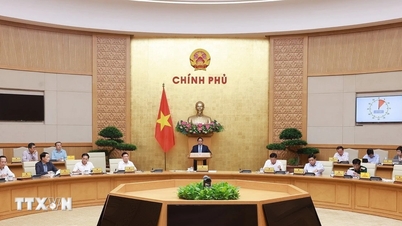

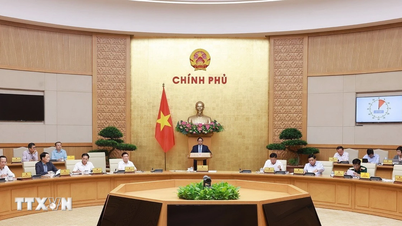

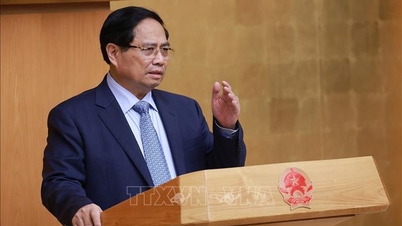

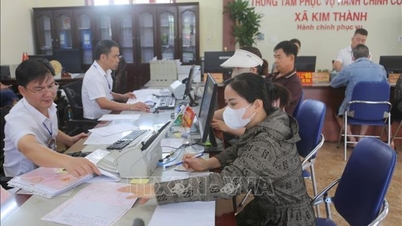



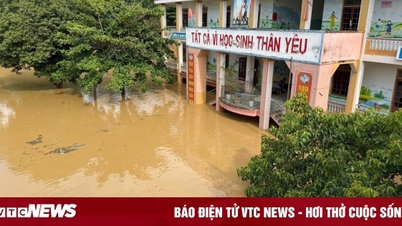

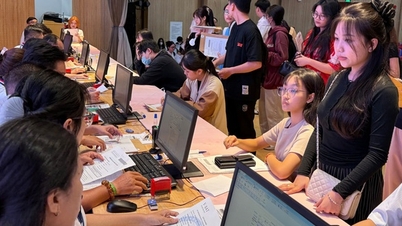
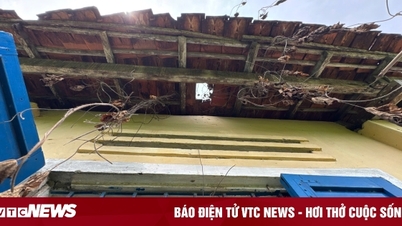





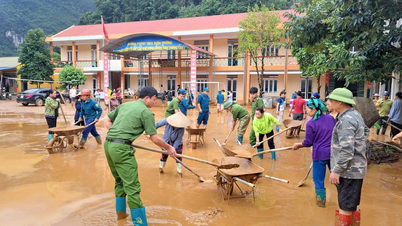
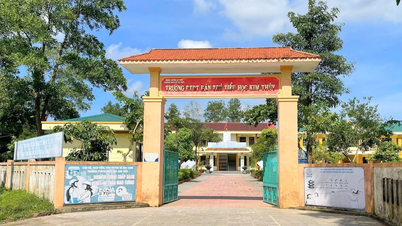
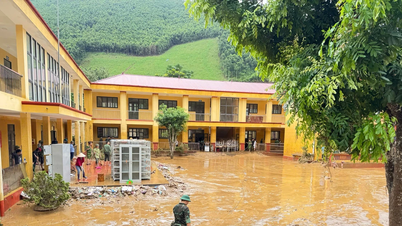
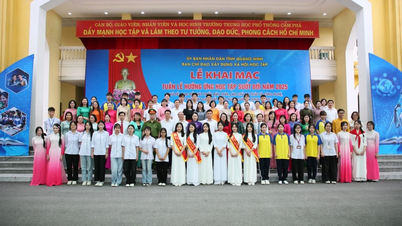
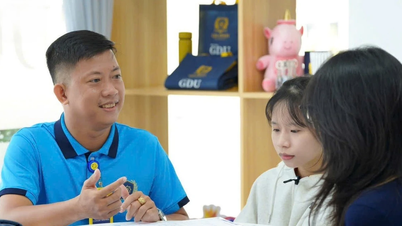
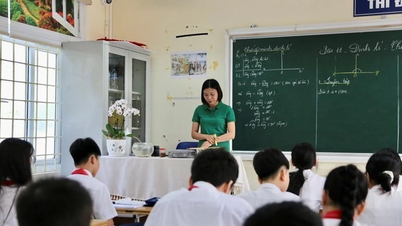































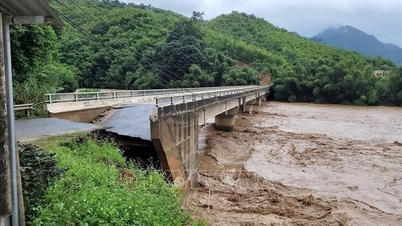

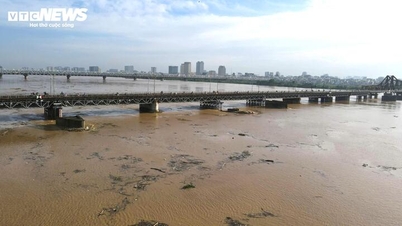


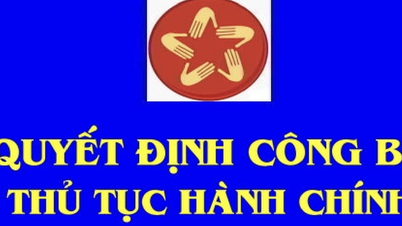




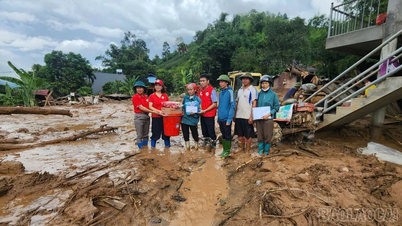

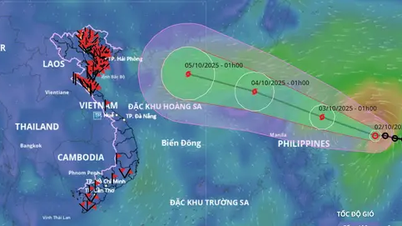

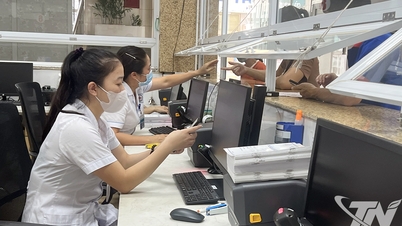

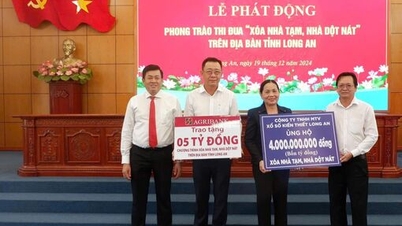

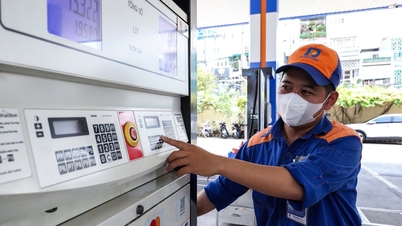













Comment (0)